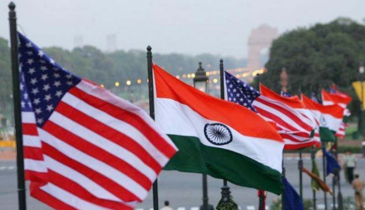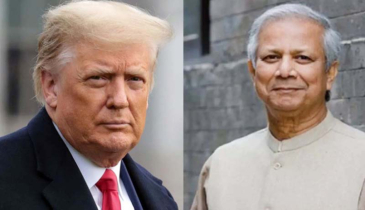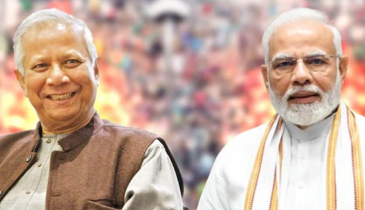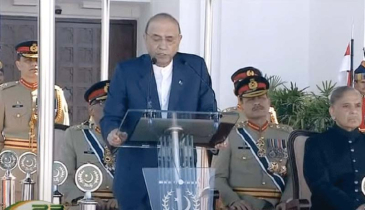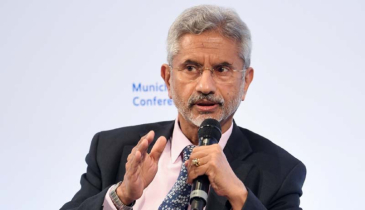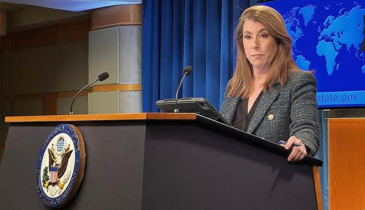India-Malaysia pledge to deepen economic and security ties
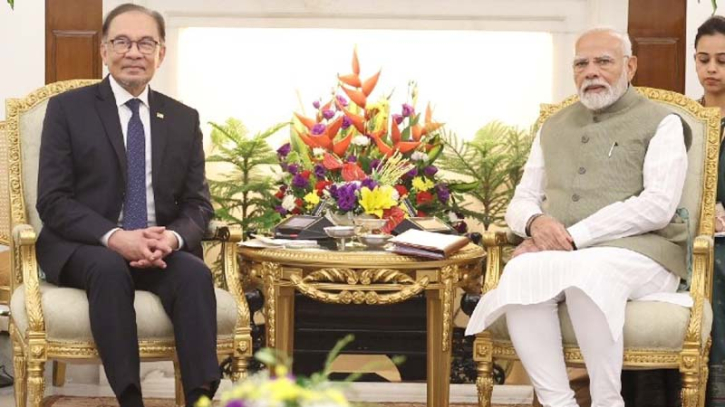
Indian Prime minister Narendra Modi and his Malaysian counterpart Anwar Ibrahim sought to reset relations between the two countries on Tuesday as they agreed to boost trade, movement of workers and the use of their own currencies to settle bilateral transactions.
Malaysia, which hosts nearly 3 million people of Indian descent, saw its relations with India deteriorate in late 2019 after then-Prime Minister Mahathir Mohamad, in a largely Muslim Malaysia, criticized India's decision to revoke the autonomy of Kashmir, its only Muslim-majority region. This tension also affected India’s imports of Malaysian palm oil, a key commodity in India’s edible oil market.
However, relations have improved under Malaysian Prime Minister Anwar Ibrahim, who assumed office in 2022 and has expressed a desire to strengthen ties with India.
Since April of last year, the two countries have been settling trade using their own currencies, the rupee and ringgit, and India has increased its palm oil imports from Malaysia.
Indian Prime Minister Narendra Modi, alongside Anwar during his first official visit to New Delhi as prime minister, noted, "With Prime Minister Anwar Ibrahim’s support, our partnership has gained new momentum and energy."
He announced that their relationship would be upgraded to a 'Comprehensive Strategic Partnership,' emphasizing the untapped potential in areas such as economic cooperation, bilateral trade, and investment. Modi also highlighted Malaysia's $5 billion investment in India over the past year, identifying key sectors for future collaboration, including semiconductors, financial technology, defense, and artificial intelligence.
Prime Minister Anwar echoed these sentiments, stating that Malaysia is committed to reinvigorating relations with India across all sectors, acknowledging that the potential of their partnership had not been fully realized in recent years.
.png)


